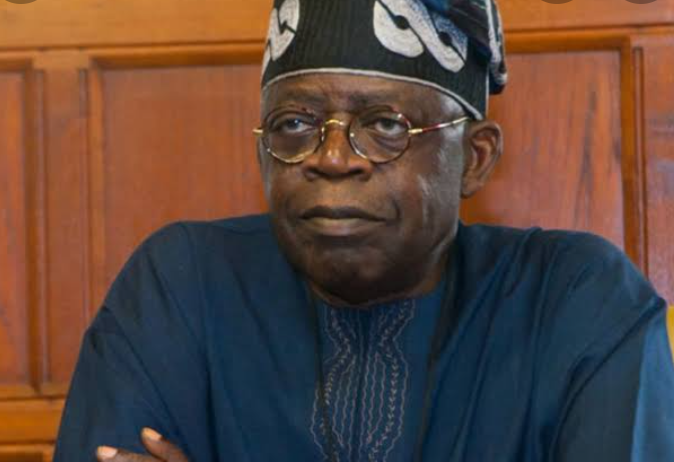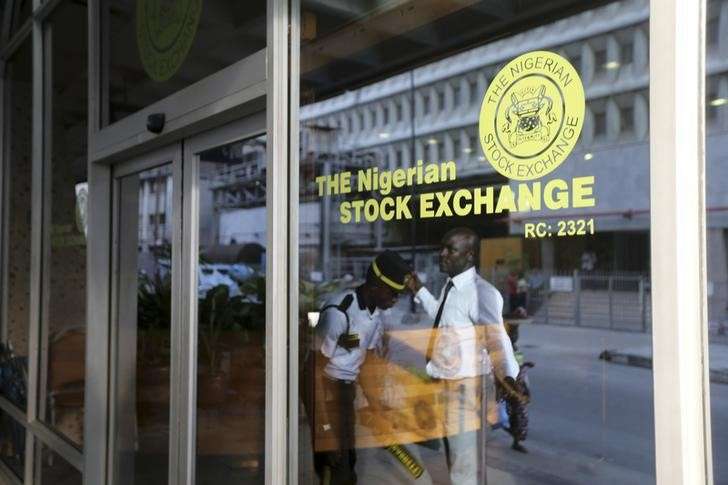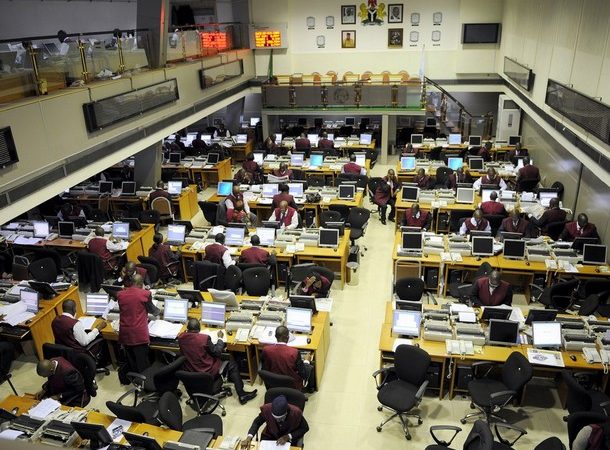Skye Bank has emerged the best performing stock in January, with a growth of 194 per cent in spite of not presenting its financial reports for two years.
Statistics obtained from the Nigerian Stock Exchange (NSE) on Wednesday in Abuja, indicated that Skye Bank closed the month at N1.47 per share against an opening price of 50k, an increase of 194 percent.
Unity Bank came second with a growth of 186.78 per cent to close for the month at N1.52 against its opening price of 53k.
Similarly, the shares of Wema Bank closed at N1.52 as against 52k in December, representing a growth of 182.69 per cent.
Further analysis showed that Diamond Bank close at N3.18 in contrast with its opening price of N1.50, while FCMB Group closed at N3.06 as against N1.48 in December.
Sterling Bank closed at N2.10 against N1.08 in December, while Cement Company of Northern Nigeria closed at N17.75 in contrast with opening price of N9.50.
Conversely, Royal Exchange, ABC Transport and Lasaco Insurance emerged the worst performing stocks in percentage terms with a loss of 16 per cent each.
Royal Exchange opened the month at 50k to close at 42k, ABC Transport closed lower at 42k, just like Lasaco Insurance as against 50k opening price due to the new pricing methodology.
AG Leventis closed at 60k per share in contrast with opening month’s price of 70k, while Air Service also closed at N5.10 against N5.95, among others.
The exchange recorded a turnover of N197. 22 billion on 21.71 billion transactions carried out in 168,649 deals in January.
The exchange recorded a turnover of N47.7 billion on 8.12 billion shares in 61,515 deals for the month of January 2017.
The financial services sector was the most active in volume terms, with a total of 13.09 billion shares worth N107.96 billion in 106,466 deals.
It was trailed by conglomerates with a turnover of 6.63 billion shares valued at N16.54 billion exchanged in 10, 541 deals.
Consumer Goods came third with a total of 1.07 billion shares worth N52.05 billion transacted in 27,854 deals
The Oil & Gas sector sold 395.79 million shares valued at N5.19 billion traded in 7,483 deals.
Mr Ambrose Omordion, the Chief Operating Officer, InvestData Ltd. attributed the growth recorded by Skye Bank and others to low price attraction and the bull effect witnessed during the period.
Omordion said that Skye Bank rally without submitting its financial report for two years was due to low price sentiment.
He said the new pricing methodology and par rule introduced by the exchange on Jan. 29, would streamline price movement in the months ahead.
According to him, the initiative will promote corporate governance and the performance of listed companies, while the forces of demand and supply will determine price movement.




![NSE revokes licences of 38 stockbroking firms [Full list attached]](https://thenewsguru.ng/wp-content/uploads/2017/05/Nigerian-Stock-Exchange.jpg)

